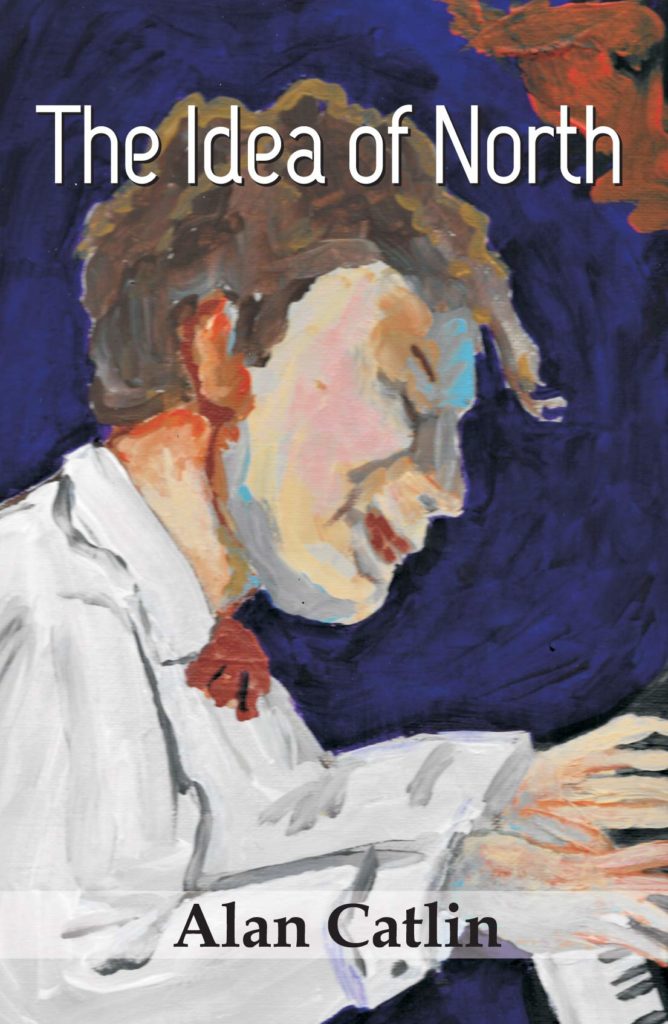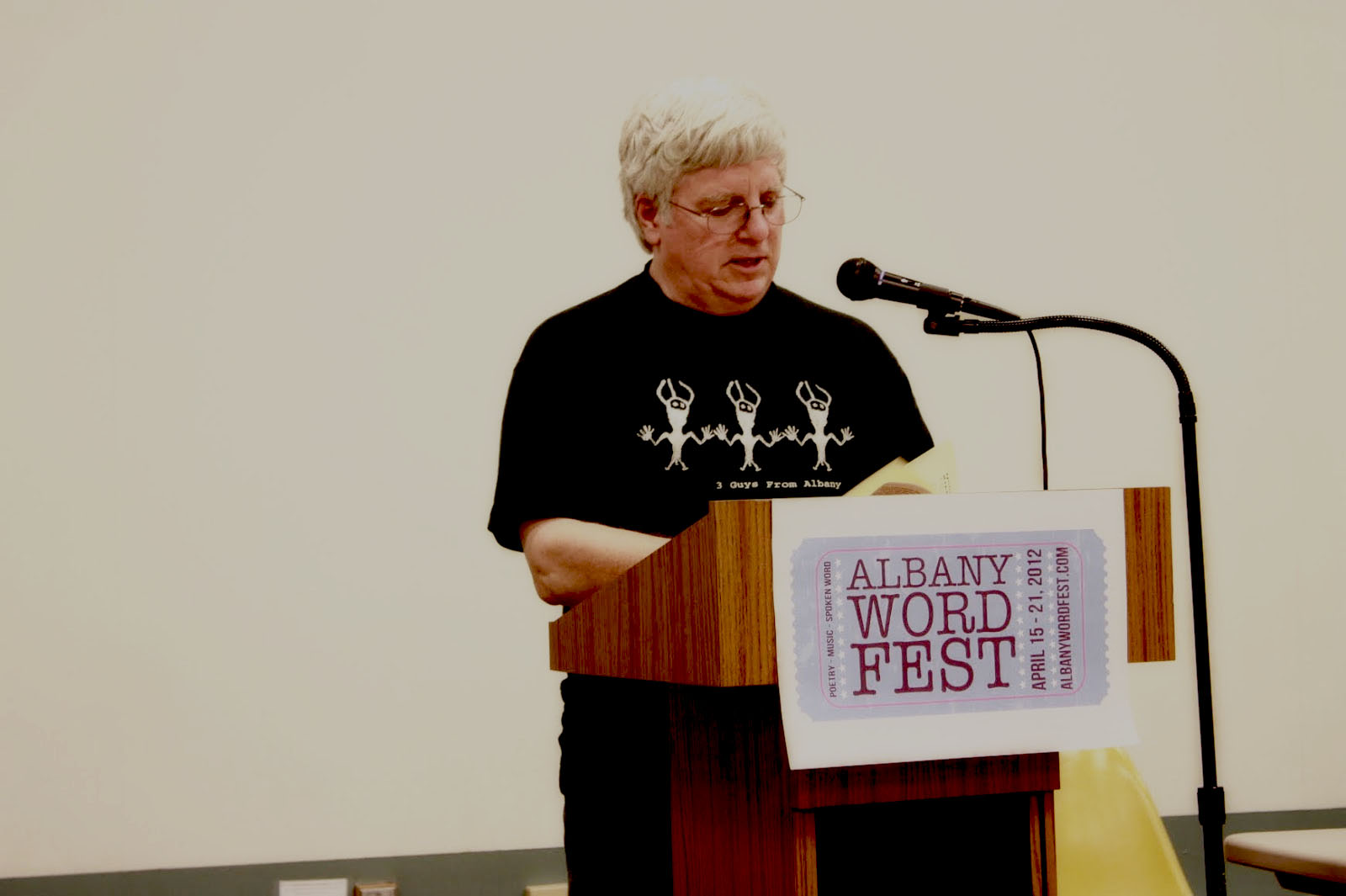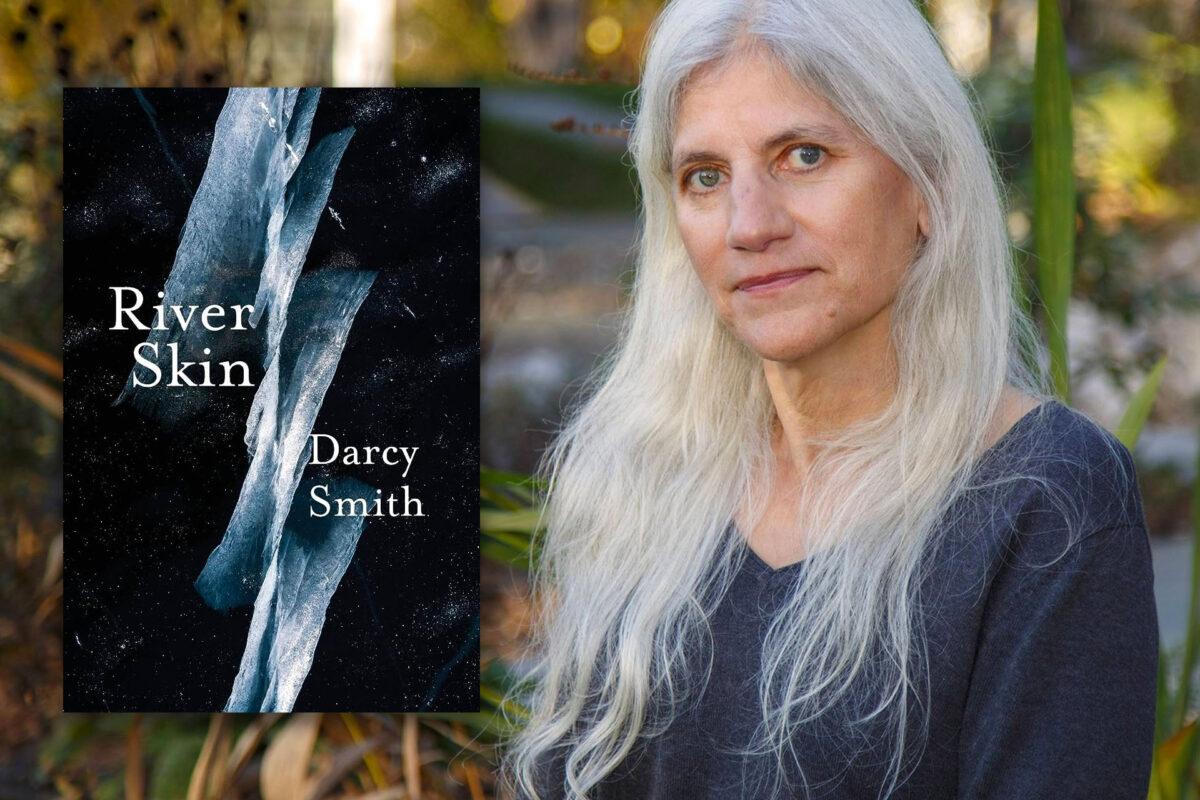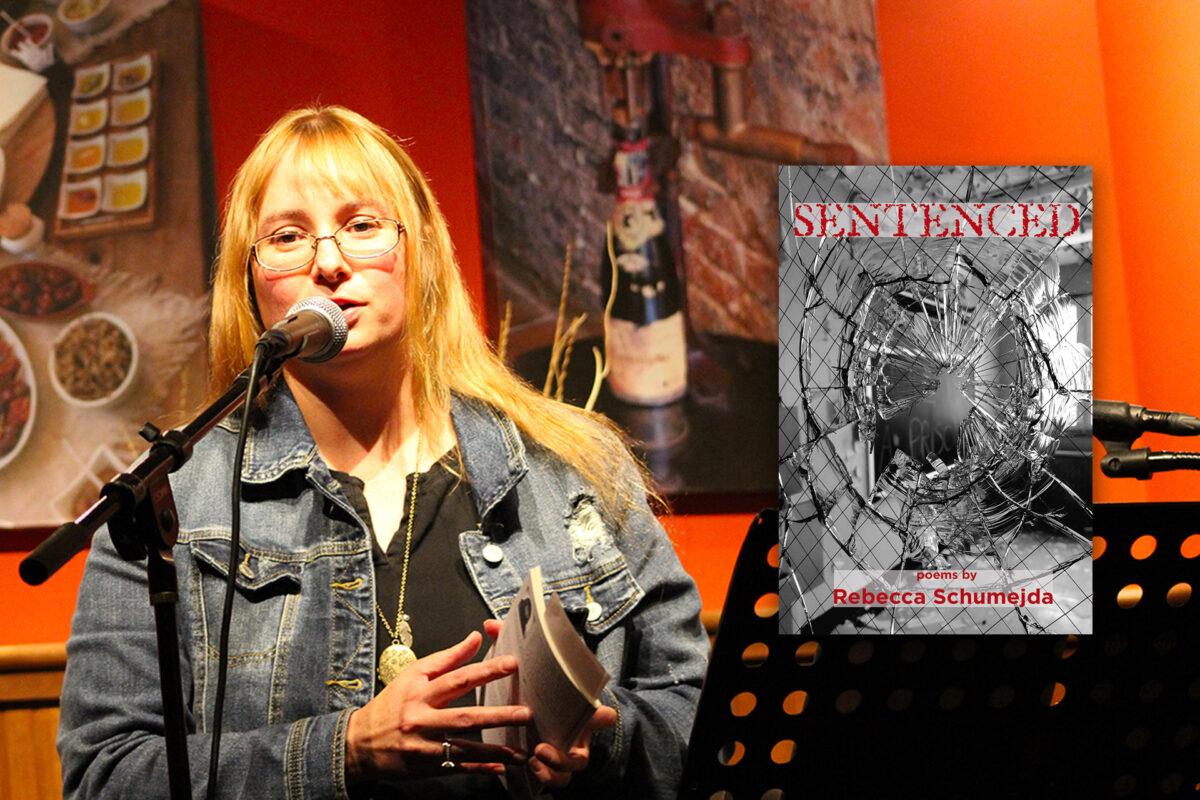The Idea of North
By Alan Catlin
Cyberwit, 2019
$15.00 on Amazon
In the first poem of the collection, the title poem, “The Idea of North,” Catlin offers a juxtaposition between two landscapes: “Contra-tenor voices, like ice crystals shattered by a tuning fork” and “Desert sands absorbing light, refracted colors betray the spectrum; implied sounds beyond hearing,” which seems to depict sound and then the way one hears that sound. What I mean to say is that no one hears the same sound in the same way. I am not sure that is what Catlin intended, but that is how I interpreted these images placed side by side in the first poem of the collection.
Whether or not that was his intention, these two totally different landscapes remind me of the extensive gamut of Catlin’s overall body of work. I have been reading Catlin’s work for twenty-five years and am in awe of the range of both his style and his subject matter. Alan’s constantly writing and I always find it interesting that he seems to write in different styles simultaneously.
 Before starting The Idea of North, I read two of Catlin’s books that were just released Asylum Garden and Lessons of Darkness. I also read a book published a little earlier, Books of the Dead: A Memoir, a collection of both poems and stories written about cleaning out his mother’s belongings from room 641 of the Martha Washington Hotel for Women in New York City and the mental illness that was a pivotal part of their relationship. I have to tell you that “Books of the Dead” is the best collection I read in 2019 on the cusp of 2020. I read it during the Christmas holiday and I was drawn into this memoir prose/poetry story that focused mainly on a personal account of the impact that schizophrenia has on a family. I admit that I can relate on a personal level, that I could not put the book down, that it made me feel a little less lonely during a difficult time and that is what great storytellers do, they pull you in.
Before starting The Idea of North, I read two of Catlin’s books that were just released Asylum Garden and Lessons of Darkness. I also read a book published a little earlier, Books of the Dead: A Memoir, a collection of both poems and stories written about cleaning out his mother’s belongings from room 641 of the Martha Washington Hotel for Women in New York City and the mental illness that was a pivotal part of their relationship. I have to tell you that “Books of the Dead” is the best collection I read in 2019 on the cusp of 2020. I read it during the Christmas holiday and I was drawn into this memoir prose/poetry story that focused mainly on a personal account of the impact that schizophrenia has on a family. I admit that I can relate on a personal level, that I could not put the book down, that it made me feel a little less lonely during a difficult time and that is what great storytellers do, they pull you in.
So back to, The Idea of North, where Catlin explores music the way that he explores art in Asylum Garden and how he focuses on human nature in “Lessons of Darkness.” In these three new collections, he explores all the senses, and in “The Idea of North,” his primary focus is the auditory sense. In “Perfect Pitch,” the narrator talks about how, “music was a gift of the spirit, a passion that would transcend love, transcend everything.” The piece explores the impact of music on a child in the womb.
In the pieces that follow, “Solitude,” the music of life comes in, proving that you really are never alone. There is always music around you. If you abandon listening to classical piano, you will hear, a “tethered dog barking and another answering in return,” and many other sounds including your own dissociative thoughts as suggested by “fugue states.” This piece seems to explore what is behind composed music and ventures into the music of every day, all the sounds that are the backdrop of our lives.
In “Opus #1,” Catlin mixes the senses, showing how each moment is a separate composition, an artistic work:
footprints
in new
snow
a traveler
climbing
high peaks
black clouds
rimmed
by moonlight
The musicality of this moment gives pause and paints a picture. Anyone who has spent time around snow knows that crunching sound made when walking through new snow and even if you don’t know that sound, you know the sound of walking into a new experience because our senses interconnect in extraordinary ways and this seems to be what Alan is exploring, not only in this collection but in all three of his new collections. I admire Catlin’s precise use of language in this particular piece. He is a master of starkness while simultaneously and equally skilled in writing longer narrative pieces.
Following “Opus #1,” Alan includes a series of visually charged poems that allow the reader optical experiences. These are not haikus, but allow a similar indulgence because they are chiseled down imagery provoking pieces. In one of the pieces, “Painting by Moonlight,” the wind seems to be the catalyst for the moment, the paintbrush so to speak, showing in a way how sound and sight intermingle. Then in “The Idea of Noise,” a list poem, Catlin includes a thought-provoking line: “An implosion of will,” which makes the reader give sound to a concept rather than a noise. The lines that follow are:
Two hands clapping
One
This brings the reader back to a familiar sound. Then in the last line, with one word, he makes you think again by introducing the absence of sound.
Like in other collections many of his pieces reference iconic figures like classical composers, musicians, poets, artists, and writers which allows the reader to make philosophical connections and learn informational tidbits. For instance, the title of this collection is also the name of an Australian a cappella vocal ensemble founded in 1993. A cappella styles range from gospel music to contemporary to barbershop quartets and choruses just like Alan Catlin’s writing styles range. But more than that, the idea of north seems to be a quest as seen in the piece, which title is a quote, “Bless Glenn Gould for throwing the concert audience to the junkyard.” Marshall McLuhan, when Catlin writes,
The true idea of north is contained in the studio,
underground, or overhead telephone wires,
random conversations overheard in truckstop
diners, or, long-distance driving, on rock
stations fading out or tuning in, spoken
languages spliced together in polyphonic
rhythms, the symphonic sounds of modern man.
What Catlin seems to be saying is that if you look the world is multi-dimensional, that what one person may see is not what another sees, that our lives are complex compositions waiting to be heard by someone who can empathize with our ideas about our journey through this life. This short review gives nothing more than a glimpse into Catlin’s mammoth body of work, but I hope that you pick up this particular collection or the others mentioned here and below.
Alan Catlin has published in six decades. He had well over sixty chapbooks and full-length books to his credit including the Slipstream Chapbook Award-winning Blue Velvet in 2017, two from Night Ballet Press, Hollyweird and Beautiful Mutants, and full length books Wild Beauty and American Odyssey from Future Cycle Press, as well as, Last Man Standing from Lummox Press. He is the poetry and reviews editor of misfit magazine online.






